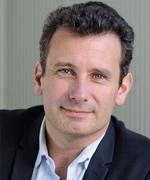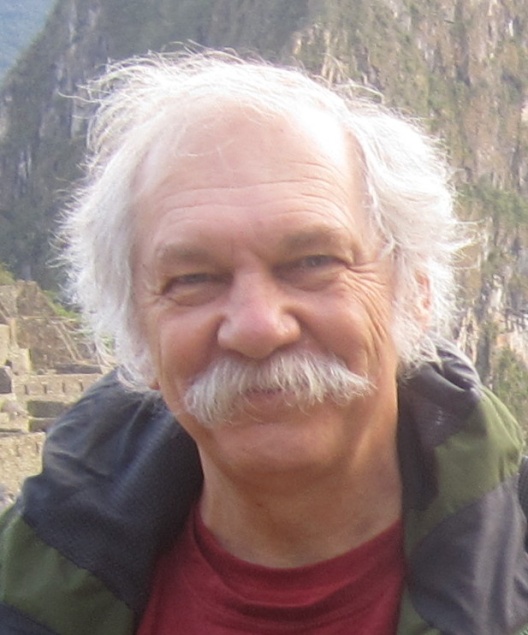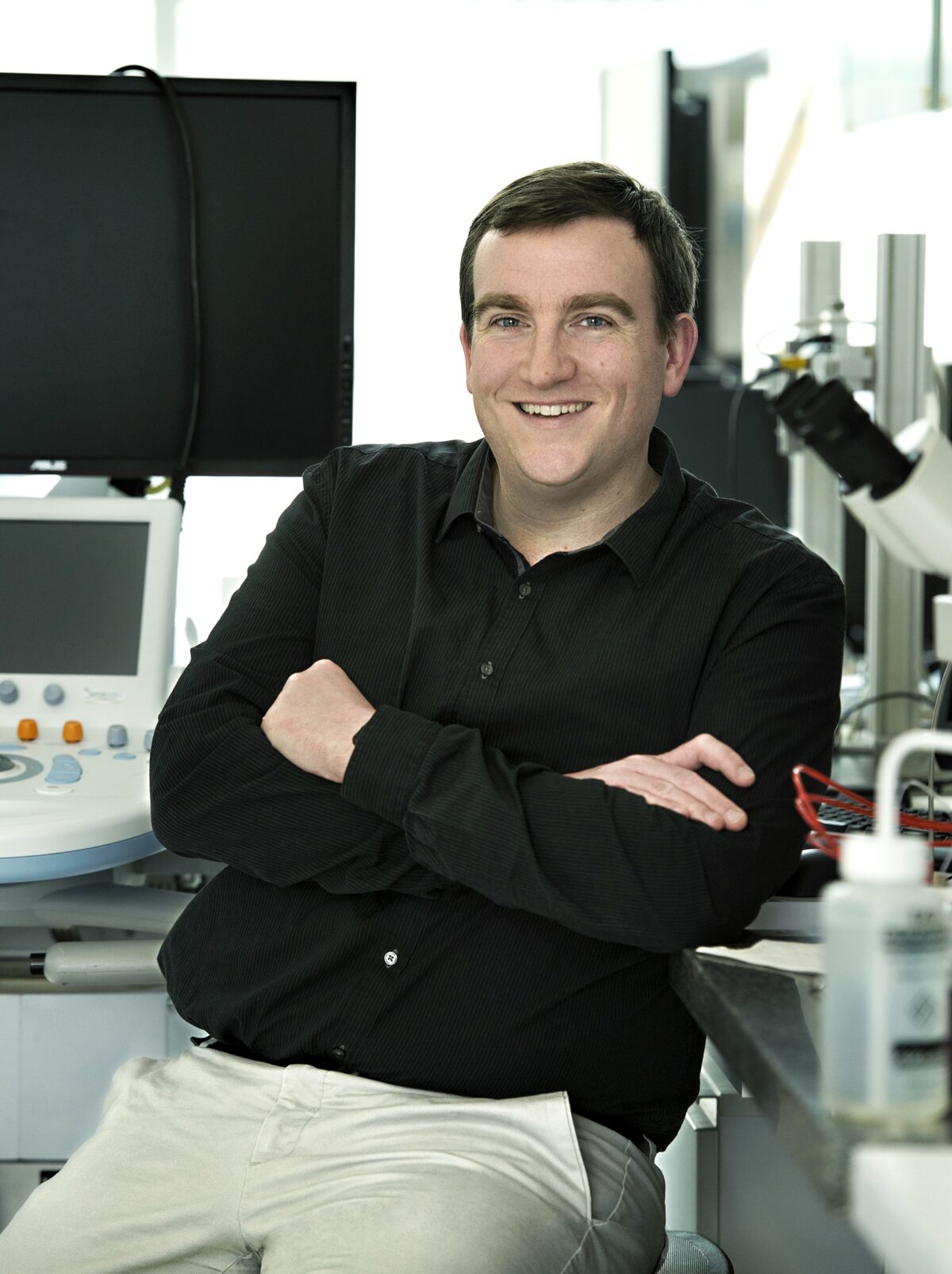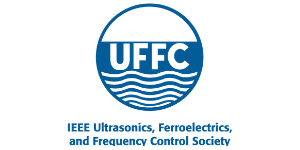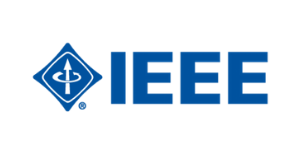Since receiving a Masters degree in Physics followed by a PhD in Electronic Engineering, Marcin Lewandowski has headed many projects in R&D, commercial product design and medical devices development and certification. He has also authored numerous publications in scientific journals on the medical and industrial applications of ultrasound. Over the course of 25+ years working in ultrasound, electronics and software development, Marcin has strived to apply his research expertise in projects with a strong potential for innovation and commercialization. Today, he balances his continued work in science with his role as CEO at us4us Ltd., who produce original ultrasound platforms for research, biomedical and industrial applications.
Novel ultrasound imaging solutions and GPU implementation have formed a key part of Marcin’s work for several years. us4us products all employ software processing on GPUs for real-time access to raw ultrasound data, and garner interest from universities, research institutes and commercial clients looking for powerful, versatile and fully programmable imaging solutions.
Archives: Presenters
Mickael Tanter
Mickael Tanter is a research professor of the French National Institute for Health and Medical Research (Inserm), elected member of the european Academy of Science, distinguished professor of ESPCI Paris and AXA Chair Professor. He is heading the laboratory Inserm “Physics for Medicine Paris” (Inserm, CNRS, ESPCI Paris), Paris, France. He is also the director of the first Inserm Technology Research Accelerator created in 2016 and dedicated to Biomedical Ultrasound. Mickael Tanter is an expert in biomedical ultrasound and wave physics. He authored more than 300 peer-reviewed papers and book chapters and is the recipient of 50 international patents. In the last 20 years, he co-invented several major innovations in Biomedical Ultrasound: Transient Elastography, Ultrafast Ultrasound and Shear Wave Elastography, functional Ultrasound (fUS) imaging of brain activity and Superresolution Ultrasound based on Ultrasound Localization Microscopy. He received many national and international distinctions (among them the Honored Lecture of the Radiology Society of North America in 2012, the Grand Prize of Medicine and Medical Research of Paris city in 2011, the Grand Prize of Fondation de la Recherche Médicale in 2016 and the Carl Hellmuth Hertz Prize of IEEE Ultrasonics, Ferroelectrics and Frequency Control society in 2017, and the highest distinction of the European Society in Molecular Imaging ESMI in 2018). M. Tanter is also the co-founder of several MedTech companies in Biomedical Ultrasound (Supersonic Imagine, CardiaWave, Iconeus).
Yonina Eldar
Yonina Eldar is a Professor in the Department of Mathematics and Computer Science, Weizmann Institute of Science, Rehovot, Israel. She was previously a Professor in the Department of Electrical Engineering at the Technion, where she held the Edwards Chair in Engineering. She is also a Visiting Professor at MIT, a Visiting Scientist at the Broad Institute, and an Adjunct Professor at Duke University and was a Visiting Professor at Stanford. She received the B.Sc. degree in physics and the B.Sc. degree in electrical engineering both from Tel-Aviv University (TAU), Tel-Aviv, Israel, in 1995 and 1996, respectively, and the Ph.D. degree in electrical engineering and computer science from the Massachusetts Institute of Technology (MIT), Cambridge, in 2002. She is a member of the Israel Academy of Sciences and Humanities, an IEEE Fellow and a EURASIP Fellow. She has received many awards for excellence in research and teaching, including the IEEE Signal Processing Society Technical Achievement Award (2013), the IEEE/AESS Fred Nathanson Memorial Radar Award (2014) and the IEEE Kiyo Tomiyasu Award (2016). She was a Horev Fellow of the Leaders in Science and Technology program at the Technion and an Alon Fellow. She received the Michael Bruno Memorial Award from the Rothschild Foundation, the Weizmann Prize for Exact Sciences, the Wolf Foundation Krill Prize for Excellence in Scientific Research, the Henry Taub Prize for Excellence in Research (twice), the Hershel Rich Innovation Award (three times), the Award for Women with Distinguished Contributions, the Andre and Bella Meyer Lectureship, the Career Development Chair at the Technion, the Muriel & David Jacknow Award for Excellence in Teaching, and the Technion’s Award for Excellence in Teaching (two times). She received several best paper awards and best demo awards together with her research students and colleagues, was selected as one of the 50 most influential women in Israel, and was a member of the Israel Committee for Higher Education. She is the Editor in Chief of Foundations and Trends in Signal Processing and a member of several IEEE Technical Committees and Award Committees.
Thomas Szabo
Thomas L. Szabo received the B.S. in electrical engineering from the University of Virginia, Charlottesville, VA in 1966, the M.S.EE from the University of Rochester, Rochester, NY in 1968, and the Ph.D. in Physics from the University of Bath, Bath, U.K. in 1993. From 1970-1981, he was a Research Scientist at Air Force Cambridge Research Laboratories (later Rome Air Development Center) doing basic research on surface acoustic wave devices and nondestructive evaluation. For 1979-1980, he was on the staff, School of Engineering Sciences, Oxford University, UK. During 1981-2000, as a Senior R&D Engineer, he conducted research and development
on diagnostic ultrasound imaging systems at Hewlett Packard and Agilent Technologies in Andover, MA. Since 2001, he has been a Research Professor with the Biomedical and Mechanical Engineering Departments at Boston University, Boston, MA. He is author of Diagnostic Ultrasound Imaging: Inside Out, referenced 1500 times, as well as over 100 papers and twelve book chapters, and holds four patents. He is a leader of international and U.S. technical and standards committees. His wide range of interests include ultrasound tissue and spine characterization, wave equations, novel imaging systems, brain imaging, therapeutic ultrasound, nonlinear phenomena and geophysical exploration.
Dr. Szabo is a Fellow of the American Institute of Ultrasound in Medicine (2007) and the Acoustical Society of America (2000) and a Life Senior member of the IEEE(2009). He has been a U.S. delegate to the International Electrotechnical Commission (IEC), Technical Committee 87, since 1986 and a Convenor of working Group 6 on high intensity therapeutic ultrasound and focusing since 1988. He was a recipient of a 1973 U. S. Meritorious Service Medal, a Hewlett Packard Fellowship and the 1974 best paper award in the IEEE Transactions on Sonics and Ultrasonics.
Olivier Couture
Olivier Couture is a Research Director at CNRS. He received his B.Sc degree in physics from McGill University, Montreal, Canada, in 2001, and his Ph.D degree from the department of Medical Biophysics, University of Toronto, Canada, in 2007. After a postdoctoral fellowship at ESPCI in Paris (France), he was hired at CNRS, based within the Langevin Institute. In 2019, as a Research Director, he founded the Physiology and Pathology of the Microcirculation team at the Laboratoire d’Imagerie Biomedicale (Sorbonne University, CNRS, INSERM). He was awarded the “2017 IEEE Ultrasonics Early Career Investigation Award” for the development of ultrasound super-resolution and plane-wave contrast imaging and the Sylvia Sorkin Greenfield Award of the American Association of Physicists in Medicine for the Best Paper published in Medical Physics in 2011. He received the prestigious ERC Consolidator Grant for the application of ultrasound localization microscopy to medical diagnosis. His current research interests include ultrasound localization microscopy, ultrafast ultrasound imaging, drug delivery, velocipede oscillations, contrast agents, NASH, diabetes and stroke.
Dr. Jaime Zahorian
Dr. Jaime Zahorian has worked for Butterfly Network since 2000 and is currently the Director of Transducer Engineering. His work focuses on the design, testing, and production of the transducer module used in the portable, whole body, IQ ultrasound probes. Previously he worked for Exponent in the technology development area where he spent one year manning a mobile prototyping laboratory in Afghanistan to deliver rapid solutions to soldiers in the field. His education includes a PhD in Electrical Engineering and MS in Mechanical Engineering from Georgia Tech, where he focused on simulation, design, and fabrication of capacitive micromachined ultrasonic transducers (CMUTs) monolithically integrated on custom electronics for medical imaging applications. Dr. Zahorian also holds BS degrees in Mechanical Engineering and Electrical Engineering from Old Dominion University.
Dr. Hong Chen
Hong Chen is an Assistant Professor of Biomedical Engineering and Radiation Oncology as well as the director of the Chen Ultrasound Laboratory at Washington University in St. Louis (WashU). She earned her Ph.D. degree in Bioengineering from the University of Washington in 2011. She was a postdoctoral research scientist in the Department of Biomedical Engineering at Columbia University from 2012-2015. Since joining WashU in 2015, her research has focused on developing focused ultrasound techniques for the diagnosis and treatment of brain diseases and understanding brain function. Her research has been funded by NIH BRAIN Initiative, NIBIB, NIA, NIMH, NSF, DoD, and Charlie Teo Foundation. She has co-authored over 50 publications and received numerous awards, including the Frederic Lizzi Early Career Award from the International Society of Therapeutic Ultrasound, Chair’s Award for Outstanding Teaching from WashU, Young Investigator Award at the International Symposium on Focused Ultrasound, R.W.B. Stephens Prize at the World Congress in Ultrasonics/Ultrasonics International. More information about her research can be found at https://chenultrasoundlab.wustl.edu/.
Prof. Vittorio Ferrari
Vittorio Ferrari is a professor of Electronics at the University of Brescia, Italy, where he is active in scientific research and application-oriented industrial projects on sensors, microsystems, and electronics for measuring instrumentation. His research interests are in piezoelectric transducers, acoustic-wave and resonant sensors, energy harvesting for sensors and microsystems, electromechanical and piezoelectric MEMS, and sensor electronics. He holds a MSc-equivalent in Physics and a PhD in Electronic Instrumentation. In 1994, he was at HP Labs, Palo Alto, CA, USA. In 2013, he has collaborated with CERN, Switzerland, on electronics for particle detectors. In 2017, he has been a visiting professor at the Institut Polytechnique de Grenoble, France. He is IEEE senior member, is affiliated with italian National Institute of Nuclear Physics (INFN) and National Research Council (CNR). Since 1990, he has been involved in national, EU and international academic research projects and training networks and in industrial collaborations, often with coordination roles. He has been project evaluator for national and international organizations, member of the scientific advisory board for one Austrian research institute, member of the program committee and chair in international conferences. He serves in the editorial boards of Sensors, Micro, and Frontiers of Micro- and Nanoelectromechanical Systems. He is author of more than 250 publications, books, chapters, keynote/invited talks, editor of journal special issues, and co-inventor in 6 patents.
Ernest Ting-Ta Yen
Ernest Ting-Ta Yen (M’09) was born in Taiwan and received his double B.S. degree in Electrical and Mechanical Engineering in 2004 from National Tsing Hua University, Taiwan, followed by M.S. degree in Electrical Engineering and Ph.D. in Mechanical Engineering in 2012, both from UC Berkeley. Joined Kilby Labs (Santa Clara) in 2012 as a MEMS technologist, Ernest has been leading the development of mirrorencapsulated bulk acoustic wave (BAW) resonator technology in Texas Instruments. His team has established simulation and modeling tools for BAW devices, developed fabrication process and testing methods for mass-production, investigated package and reliability issues for timing applications, and integrated this technology with multiple analog and embedded ICs. These works had granted multiple U.S. patents and led the commercialization of industry’s first crystalless
wireless MCU and a network synchronizer with industry’s lowest RMS jitter, enabling 400-Gbps link performance. Ernest and his team is currently focusing on clocking, timing, MEMS sensor and transducer
technologies in TI, meanwhile sponsoring and involving in several university collaborations.
Paul Pickering
Paul Pickering has been passionate advocate for emerging semiconductor and micro-fabrication technologies during the length of his 40-year career. He has worked with an extensive array of technologies and also been on the founding team of two semiconductor start-ups. He was an executive team of two public companies that have subsequently been acquired. He currently serves as Managing Director of Microtech Ventures and Managing Partner at Silicon Catalyst. From 2015 to 2019, he was the Chief Revenue Officer for Micralyne Inc. based in Edmonton Alberta, Canada. In August 2019, Micralyne was acquired by Teledyne Technologies.
Paul is a graduate of West Chester University of Pennsylvania with a Bachelor of Science degree and attended Widener University in Chester, Pennsylvania. He is a recognized speaker at technology conferences and trade events in the semiconductor and MEMS industries.


